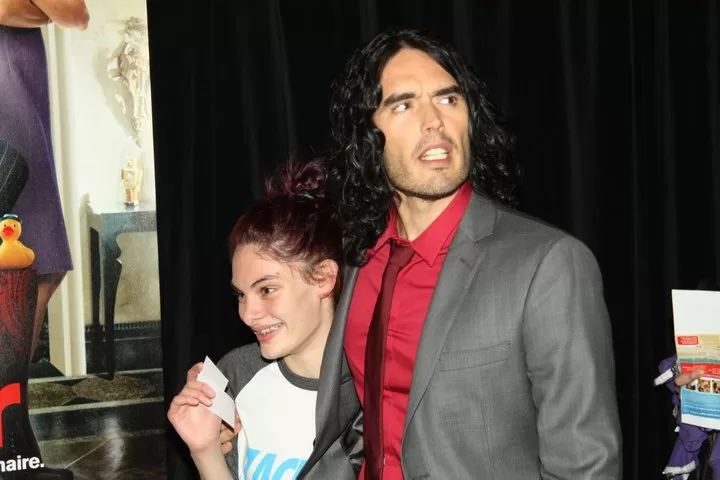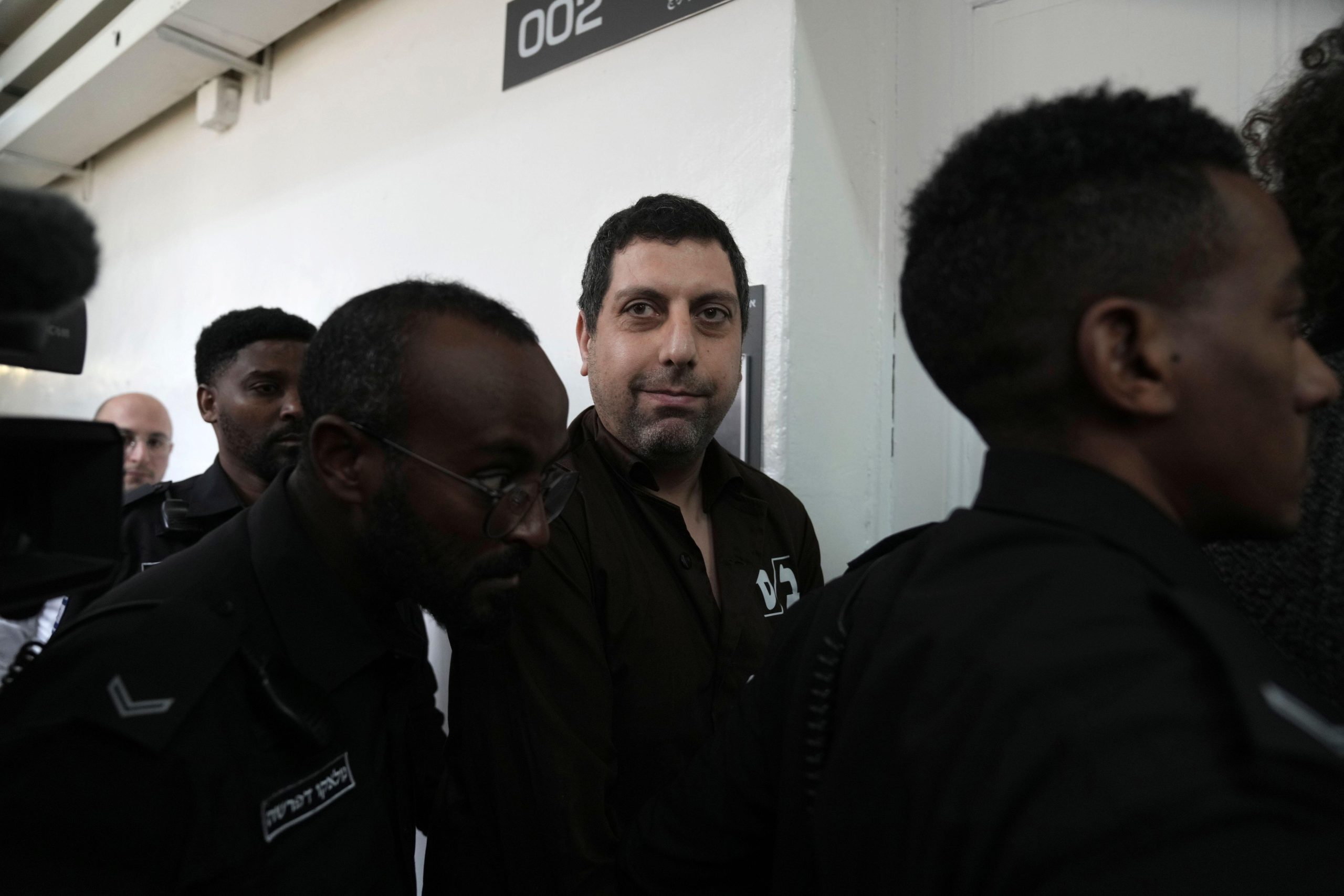Supporters of Russell Brand have been asking why the women who featured in the Dispatches documentary about the TV personality turned YouTuber took so long to come forward and why investigative journalists at The Times and The Sunday Times chose this moment to publish their revelations. The simplest and least conspiratorial answer is that running such stories about the super rich is a legal minefield in a world where the British libel courts are stacked in favour of wealthy plaintiffs. Brand is known to be litigious and several of his alleged victims claimed they were threatened with legal action if they spoke out. Brand himself denies all wrongdoing and says all the sexual relations concerned were consensual.
The risk of attracting a SLAPP (Strategic Lawsuit Against Public Participation) is very real for victims of sexual violence, as an event organised by Index on Censorship and the Bureau of Investigative Journalism in parliament this week demonstrated. Speakers included lawyers who have acted for victims and news organisations, Meirion Jones, the former BBC journalist who investigated Jimmy Savile, and Baroness Helena Kennedy. Two victims also spoke: Nina Cresswell and Verity Nevitt. Cresswell told of her fight against the libel suit brought by tattoo artist Billy Hay after she outlined in a blogpost his assault on her after a night out in Sunderland. In April of this year, a court decided that, on the balance of probabilities, she had been violently sexually assaulted. After her victory, Cresswell spoke of having a panic attack when she realised she was being sued and of the stress of the legal case. Following the verdict, Cresswell’s lawyer Tamsin Allen wrote in the Guardian: “Even after the recent judgment… there is still a clear risk that an abusive person can continue their abuse by bringing proceedings and seeking to bully a vulnerable defendant via the imposing power of the justice system. The survivor is unlikely to have the legal, financial and psychological strength to fight back. This is strategic litigation against public participation (SLAPP) par excellence – with a dash of gaslighting, personal vendetta and coercive control thrown in.”
Nevitt was sued by her assailant (who also went on to rape her twin sister on the same day) after she wrote about the assaults on social media. Nevitt told the Guardian: “I felt completely powerless and silenced because it was so difficult. The whole process is so degrading and disempowering.” MP Jess Phillips raised the issue in parliament earlier this year.
Commenting this week Jessica Ní Mhainín, head of policy and campaigns at Index, says: “There was already widespread alarm among legislators and researchers that the law could be weaponised – in the form of SLAPPs – to inflict further trauma on victims of sexual violence. The latest news does nothing to assuage our concerns.”
Questions have already been asked about the chilling power of legal threats in the Russell Brand case. At the same time, it is an important point of legal principle that Brand is entitled to defend his reputation if he believes he has been wrongly accused of serious wrongdoing.
In 2007 Brand received substantial undisclosed damages from Express newspapers after an article appeared in the Daily Star alleging that a young woman was drugged and raped at a flat rented by the comedian during the Edinburgh Festival. Brand’s lawyer said at the time: “The meaning of the article was that there were reasonable grounds to suspect that the claimant drugged and raped a young woman. This was totally untrue.” He added: “The claimant was never suspected of the alleged rape nor was there any evidence at all to involve him in its circumstances. Rather, at the police’s request he assisted them as a witness.”
Express Newspapers apologised and paid an undisclosed sum to Brand, as well as paying his legal fees.
Meanwhile, Index will continue to campaign against the use of SLAPPs. News from the past week shows how disparate the victims are and how urgent it is to address a legal system so open to abuse.






